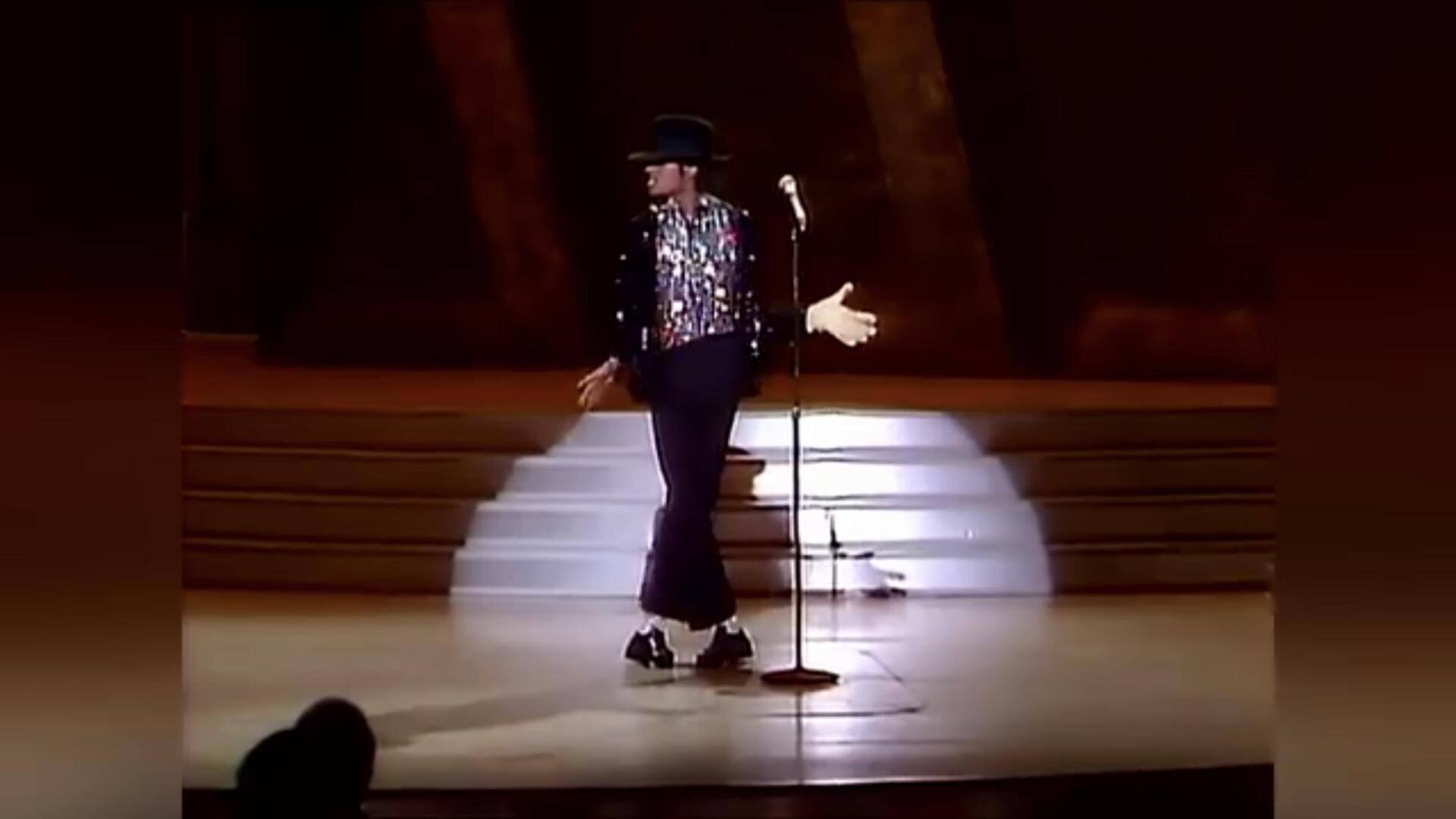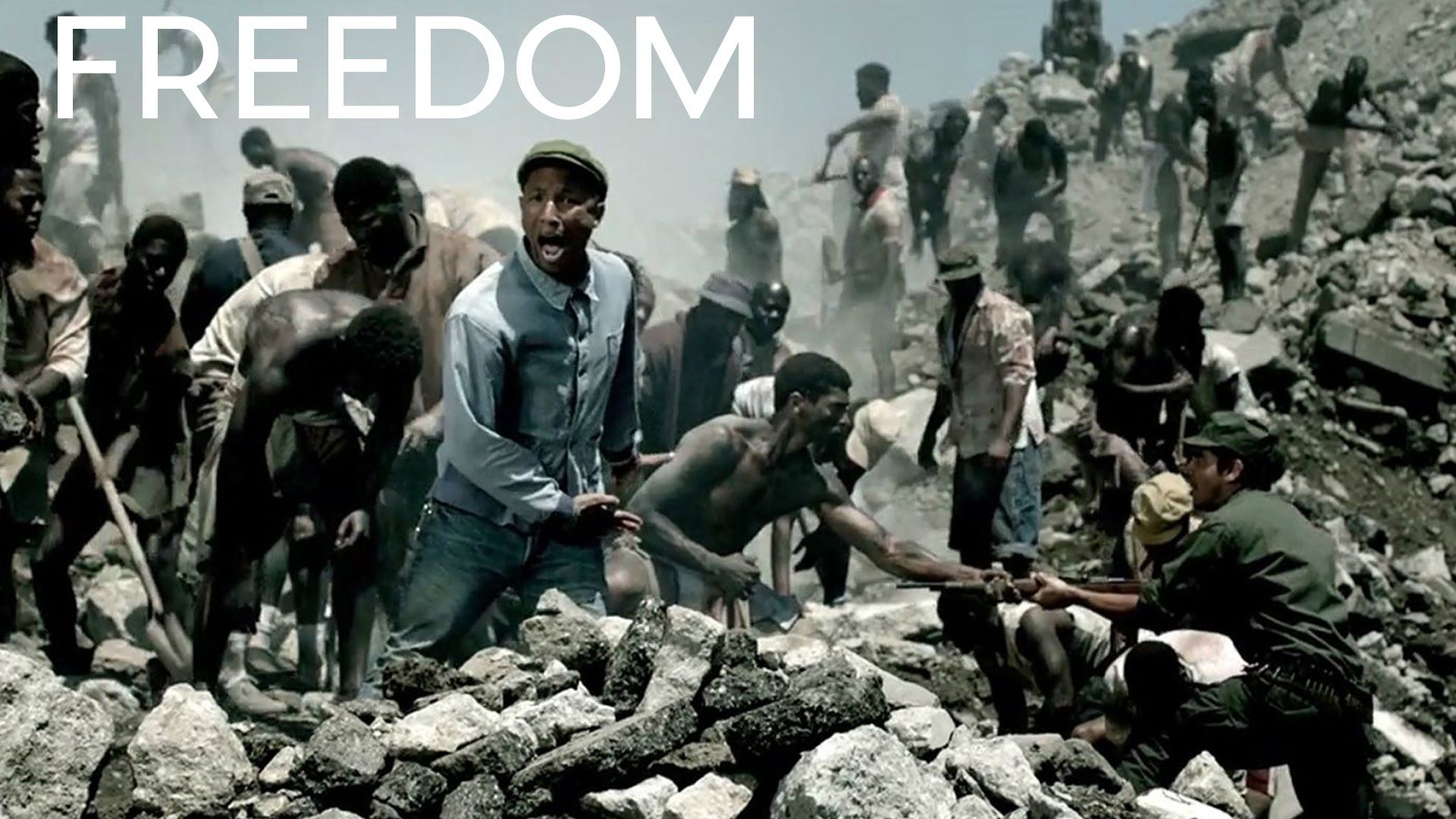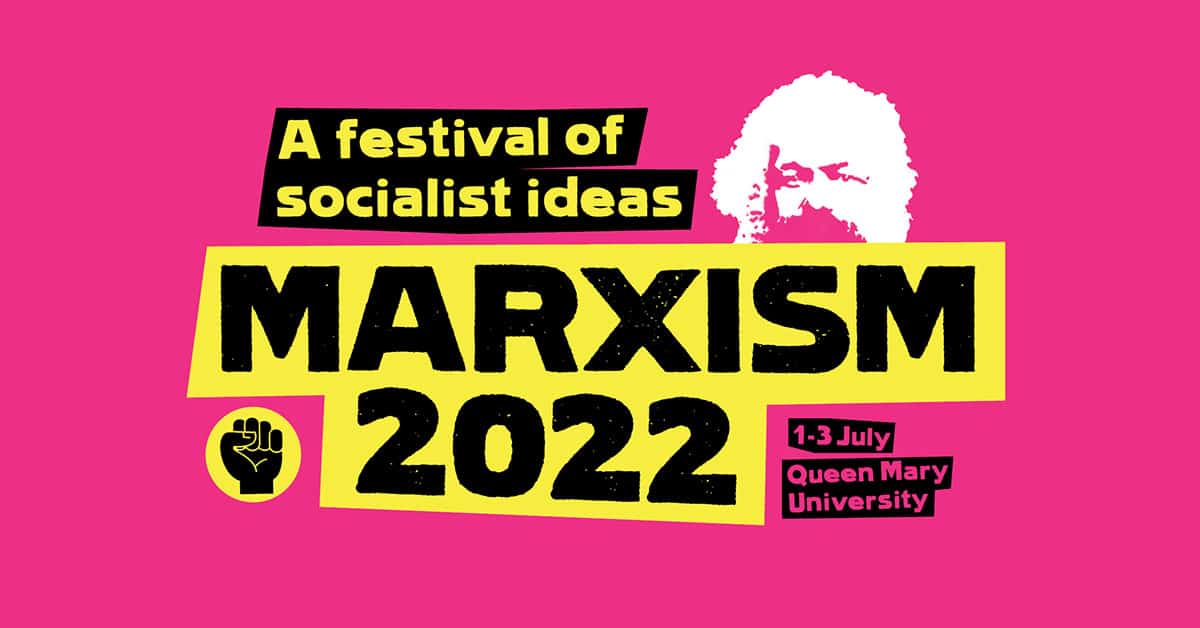Trains of Thought
Cultural Theories of Speed and Solidarity

Marxism 2022: Reflection Three
Alienation: the relation of non-relation.
I’ve been very interested in the ongoing conversation around a single word throughout this festival: alienation. It’s been mentioned plenty, but its presence is more than material. The state of alienation is a shadow, or perhaps more accurately a specter, that haunts socialist discourse here. It’s the ultimate sort of failure in societal organization, an effect either intentional or otherwise. As in a willed outcome the state of alienation is already a great tragedy: humanity is divided when they might otherwise be unified. It recalls, in some ways, the classic reductionist of Marxist economics: humanity has produced abundance for all, yet many still live in want. The problem here is merely administrative, distributive. And any conception of moral agency here is easily meted out: numerous speakers have discussed the conscious, strategized nature of conspiratorial ruling-class powers that be. Whatever it is that we need—the Good Life, resources to live in freedom from want, the truth of a pandemic—is out there. It’s simply being kept from us.
Such a narrative is a simply a non-relation. We are kept from the truth, therefore we have no relation to it. The commodity form, the absurdly unequal distribution of capital and of wealth, keeps us from necessary resources. Where a constructive relationship might exist, there is none now. Distinguished from isolation, a similar term in English, alienation has always borne an explicitly exclusive connotation. Seeing as it descends from describing property and titling, designating singular breaks in the transfer of ownership since the early 16th century, alienation has always wielded a more transformative significance. The term boasts important theological roots as well, which became adopted rather readily into absolutist state discourse in the 18th century as it began to take on a political direction. Alienation in this sense described the alien, the outsider who is both a foreigner and a stranger, in the sense of being strange. Aliens are subjects to whom the state of normative conduct does not apply; they are not simply foreigners who, different as they are, ought to be feted nonetheless and respected.
Yet alienation’s greatest tragedy comes when it cannot be accounted for. If Turgendhat and Jaeggi describe alienation as the obstruction of volition, is it not a great shame that, possessed of all our strength and unimpeded by visible restrain we yet remain alienated? So too, this sort of tragedy is visible in concrete relations with others that are successful insofar as they exist, yet prove notably unfulfilling. This is Jaeggi’s abiding definition of alienation: the relation of relationlessness. My contention is that the great shame of Marxist organizing in Britain is its uncritical reliance on the first definition of alienation while ignoring the scope of the problem. We are not kept from establishing relations to other, as in the disciplinary societies of old. Instead, we are invited to connect to others, to reach out: the means are more manifold than they have ever been. Yet we become, amidst this intoxication of relations, increasingly isolated. In our struggle against capitalist materiality we seen not only our material world but our spiritual imaginary coopted by its universe of things. Alienation is both the means and the ends of spectacular organization, and without its palpable presence in the obstructive shadow of an embodied Kapital there is no solidarity to be had against it. Capital as a system of relations, a negative function of exchange and valuation has, of course, not been considered.
This calls for nothing less than a new humanism for the left: a code of conduct for how to develop meaningful relationships rather than the chance to do so. This is a humanism of unity, not in cosmic dualities of distance between people and gods—not even to gods—but in our relation not our fellow humans but to all of Humanity at large!
For we have already had the chance and we have failed splendidly to reclaim a command of appropriative positive freedom. This is something that no one on the Left wants to here, that it is possible to appropriate, assimilate, integrate, internalize, and reorient the world in a manner neither imposing, arrogant, nor monological. Indeed, it has never been more possible—the chance has never been more enticing—to utilize the critical influence of the concept of alienation without relying on a certain kind of essentialism, nor upon the inevitability of final reconciliation.
Simply, our opportunity here is to not just to be—but
to be more. Let us go beyond a material reconstruction of the conditions for liberty that promise a spiritual rapport, a beyond-us understanding of sacrifice, otherness, beauty, and wisdom:
let us give birth to it, bringing it crying into the sunlight.
3 July 2022
Trains of Thought | All Rights Reserved







